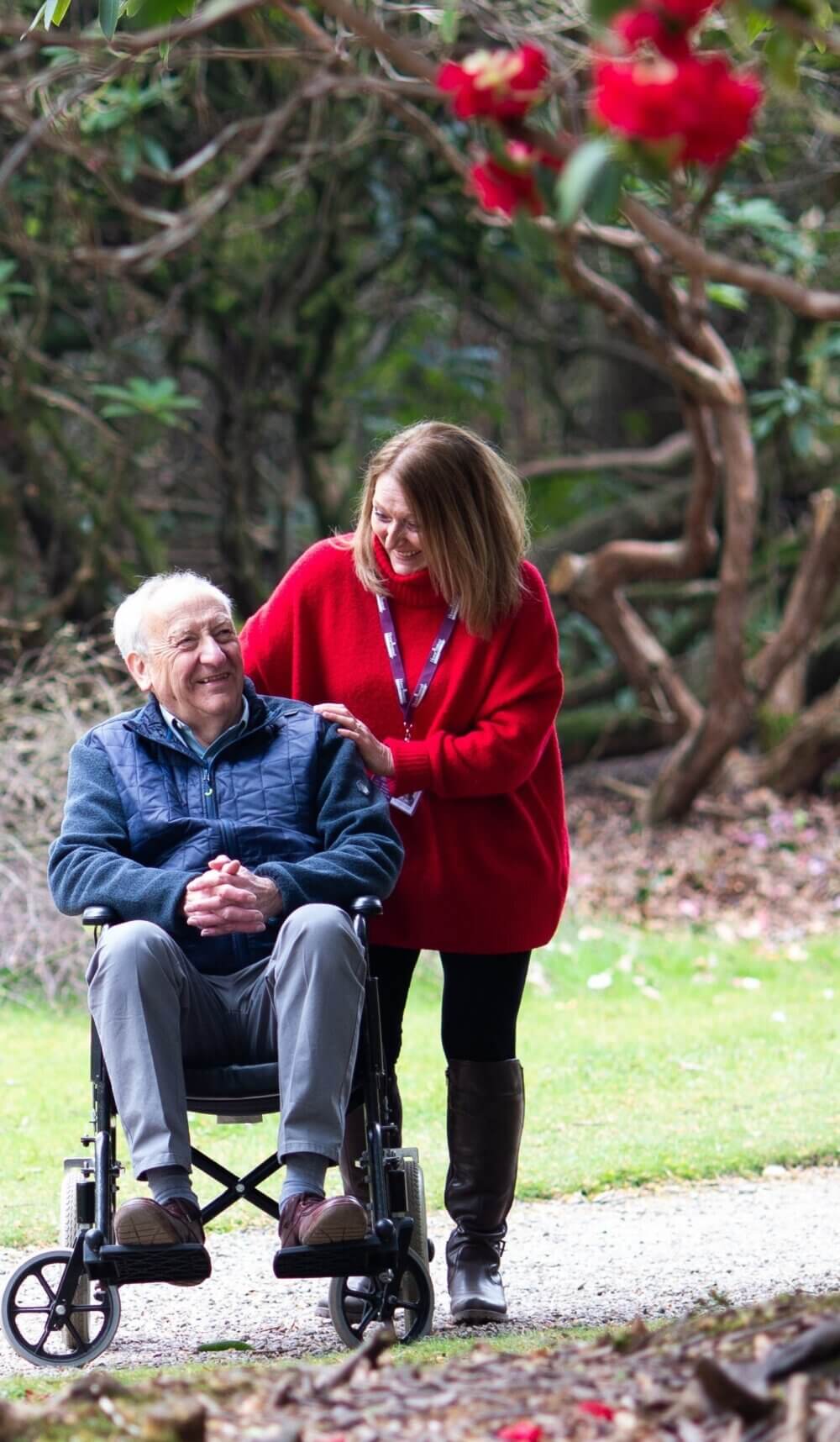It is Dementia Action week in Westminster : Practical advice for a Positive Approach
Some useful approaches that may be helpful when supporting or living with someone who lives with Dementia in the city of Westminster or the city of London.

Navigating life with Dementia in Westminster : Practical advice for a Positive Approach
It’s Dementia Action Week! Did you know there are currently around 900,000 people with dementia in the UK? This number is expected to rise sharply in the coming years.
Dementia mainly affects people over the age of 65, though dementia can affect younger people too.
At Home Instead Westminster, we are passionate about “Changing the face of ageing”, and our Care Professionals undergo City & Guilds Dementia training so they can look after our clients with expert knowledge.
Here are some approaches which may be helpful when supportng someone in various stages of memory loss.
Establish Routines and Maintain Familiarity:
Routine plays a crucial role in providing a sense of stability and familiarity for individuals with dementia. Establishing daily routines and maintaining consistency can help reduce confusion and anxiety. Create a structured schedule that includes regular times for meals, medication, social activities, and rest. Visual cues, such as calendars and clocks, can aid in reinforcing routines and providing a sense of time.
Foster a Supportive Environment:
Modifying the living environment can greatly benefit someone with dementia. Ensure the space is well-lit, clutter-free, and free from hazards. Use contrasting colours to enhance visibility and reduce confusion. Simplify the layout of rooms and ensure frequently used items are easily accessible. Labelling drawers and cabinets can assist with finding things independently.
Effective Communication:
Communication can become challenging as dementia progresses. Here are some tips for effective communication:
- Maintain eye contact, speak slowly, and use a calm and reassuring tone.
- Use simple and concise language, avoiding complex sentences or jargon.
- Give individuals ample time to process information and respond.
- Break tasks or instructions into small, manageable steps.
- Non-verbal cues, such as gestures and facial expressions, can aid understanding.
- Be patient, understanding, and empathetic, even when responses may be repetitive or nonsensical.
Engage in Meaningful Activities:
Engaging in meaningful activities can help individuals with dementia maintain a sense of purpose and self-esteem. Adapt activities based on their abilities and interests. These could include puzzles, crafts, gardening, listening to music, or reminiscing with old photographs. Participating in gentle exercise programs, such as tai chi or chair yoga, can also provide physical and mental stimulation.
At Home Instead Westminster we consider that engaging our clients in these meaningful activities is essential to support their wellbeing.
Encourage Social Interaction:
Social interaction is vital for emotional well-being and can help combat feelings of isolation. Encourage family and friends to maintain regular contact and visits. Consider joining support groups or dementia-friendly community programs where individuals can interact with others who share similar experiences. These interactions can provide a sense of belonging and mutual support.
Focus on Nutrition and Well-being:
A healthy lifestyle can positively impact the overall well-being of someone living with dementia. Ensure they have a well-balanced diet that includes fruits, vegetables, whole grains, and lean proteins. Encourage regular hydration and limit the consumption of processed foods and sugary drinks. Regular exercise, even in the form of short walks or chair exercises, can help maintain physical health and improve mood.
Seek Professional Support:
Caring for someone with dementia can be emotionally and physically demanding. Reach out to professionals, dementia specialists like Home Instead Westminster. They can provide valuable resources, offer practical advice, and help you navigate the challenges that may arise along the way.
Living with dementia requires patience, understanding, and a positive approach. By implementing these practical strategies, individuals with dementia can experience improved quality of life, maintain their independence for longer, and continue to engage meaningfully with the world around them. Remember, every person’s experience with dementia is unique, so it’s important to adapt these tips to suit individual needs and preferences. Together, we can create a supportive environment that fosters dignity, compassion, and a sense of well-being for those living with dementia.
